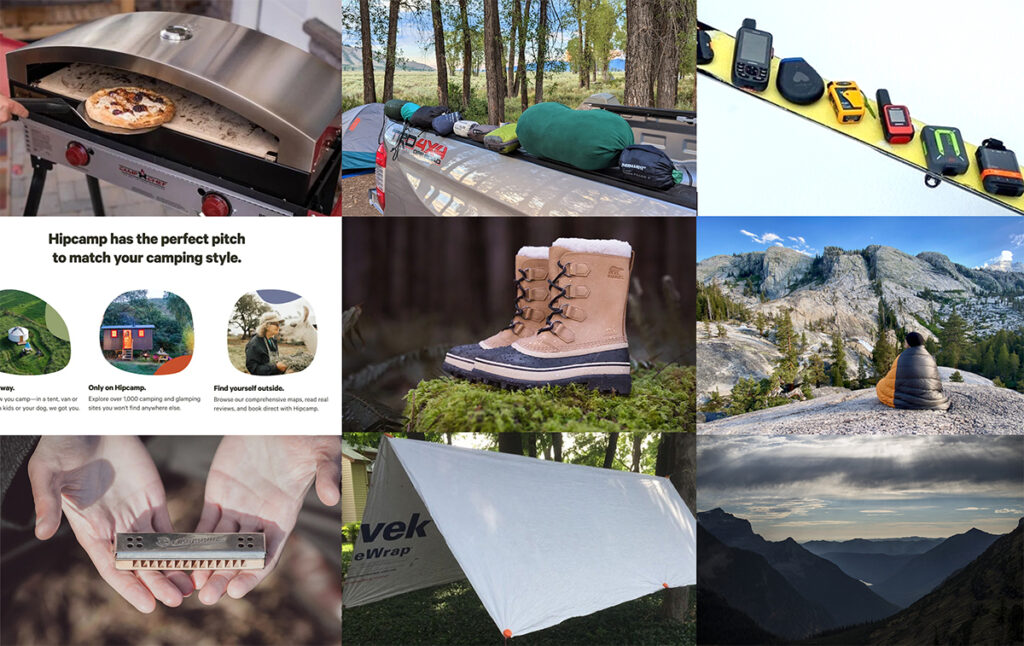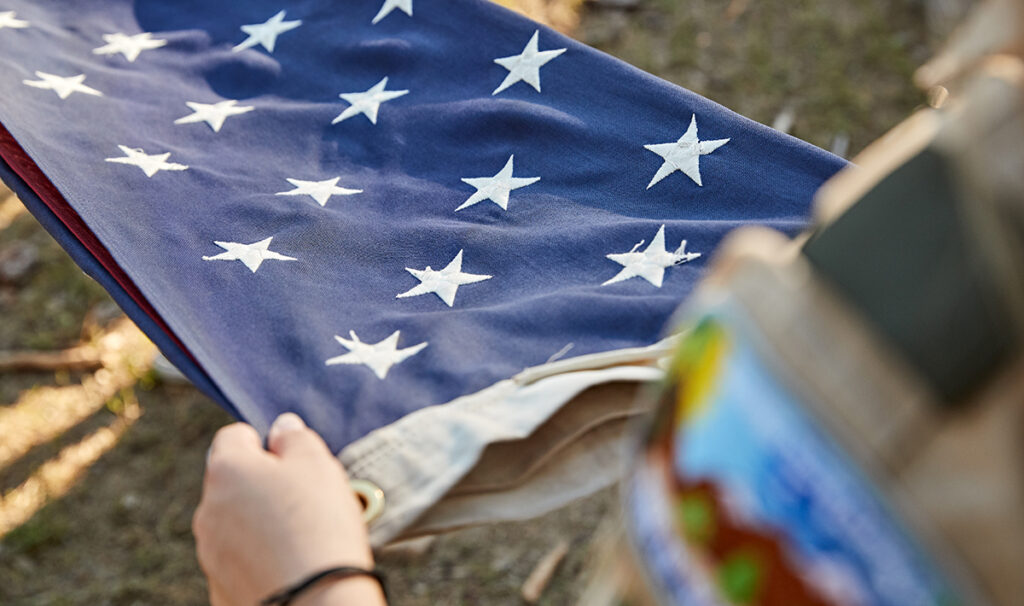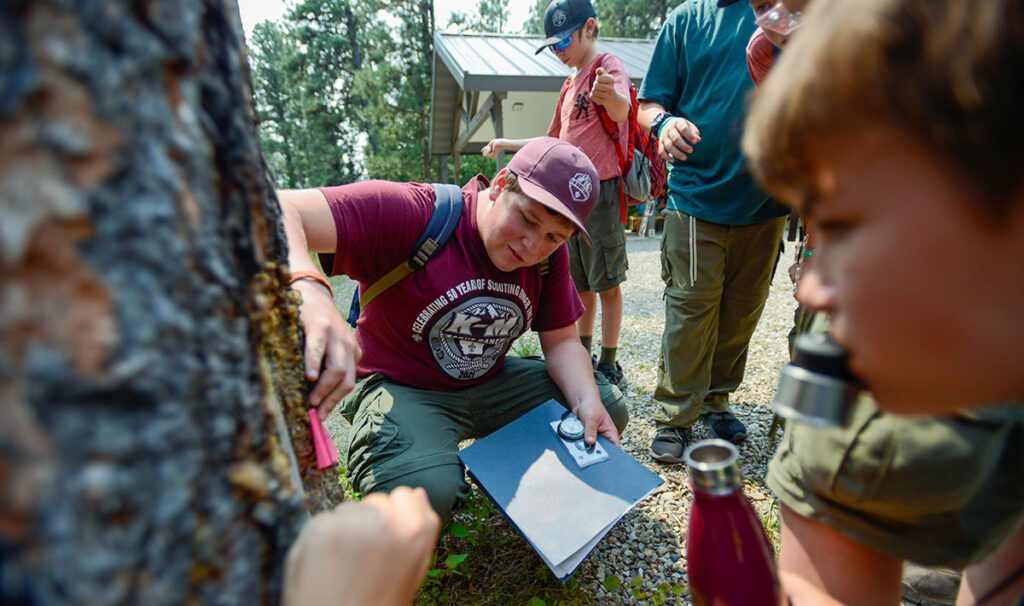Dr. William T. Hornaday who – was then director of the New York Zoological Park and who was the founder of the National Zoo in Washington, D.C – initiated the Hornaday Awards in 1914.
Dr. Hornaday was an outspoken advocate for conservation and a leader in saving the bison from extinction. He created the award, which he originally called the Wildlife Protection Medal, as a way to recognize those who made significant contributions to conservation.
After Dr. Hornaday’s death in 1937, the award was named in honor of Dr. Hornaday and became a Boy Scouts of America award.
The purpose of the Hornaday Awards is to encourage conservation learning and conservation action by Scouts (and Scout leaders) and to increase public awareness of natural resource conservation and environmental protection.
By encouraging and rewarding conservation actions by Scouts and Scout leaders, the Hornaday Awards strengthen Scouting’s emphasis and support for respecting the outdoors and conserving our wildlife heritage.
Hornaday awards are very rare with less than 1500 awarded since 1917.
Hornaday awards are special because they are difficult to earn (or be nominated for) because they take careful planning, advising by a conservation professional and may take months or even years to complete.
Hornady awards are also special in that they are one of the few Scouting awards that can be earned as part of an Eagle project. A well-planned and complex Eagle project on a conservation issue can earn a Scout both Eagle rank and a Hornaday award at the same time.
Hornaday awards are rare because they are challenging. A successful Hornaday project will require advice and guidance by the Council Conservation Committee. The Hornaday application form has to be signed by the Committee Chair certifying that the project meets the requirements of this award.
There are 7 types of Hornaday Awards:
| Award | Administered by | Awarded to | Type | How to qualify | Maximum awards/yr. | Requirements |
| Unit Award | Council | Pack, Troop, Team, Crew | Certificate | Be nominated or Apply | Unlimited | Complete 1 project; 60% of unit participates |
| Badge | Council | Boy Scout, Varsity Scout, Venturer | Badge and certificate | Apply | Unlimited | Advancement requirements; 1 substantial project |
| Bronze Medal | Council | Boy Scout, Varsity Scout, Venturer | Medal, certificate and square knot | Apply | Unlimited | Complete advancement requirements; complete at least 3 bronze substantial projects, each from a different project category |
| Silver Medal | National | Boy Scout, Varsity Scout, Venturer | Medal, certificate and square knot | Apply | Unlimited | Complete advancement requirements; complete at least 4 silver substantial projects, each from a different project category |
| Gold Badge | National | Adult Scouter | Badge | Nomination only | Unlimited | Adult Scouter; leadership to conservation at council or area level for at least 3 years |
| Gold Medal | National | Adult Scouter | Medal, certificate and square knot | Be nominated by a conservation or environmental organization. | No more than 6 | Adult Scouter; leadership to conservation at national or regional level over a lifetime (at least 20 yrs.) |
| Gold Certificate | National | Organization or individual | Certificate | Be nominated | No more than 6 | Outstanding contribution to youth conservation education for at least 3 years |
If you would like this information in the form of PDF, click the link below:
Hornaday Award: Scouting & Conservation
For more information, visit the William T Hornaday Award at Scouting.org.
If you have any questions about Hornaday awards, please contact me:
Chris Servheen
Chair, Conservation Committee, Montana Council
grizz@umontana.edu
406-240-6506




